

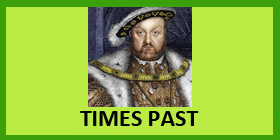
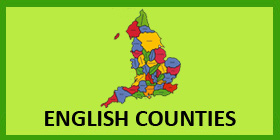
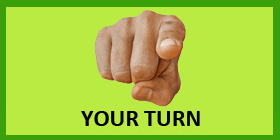
Back to the Intro Page



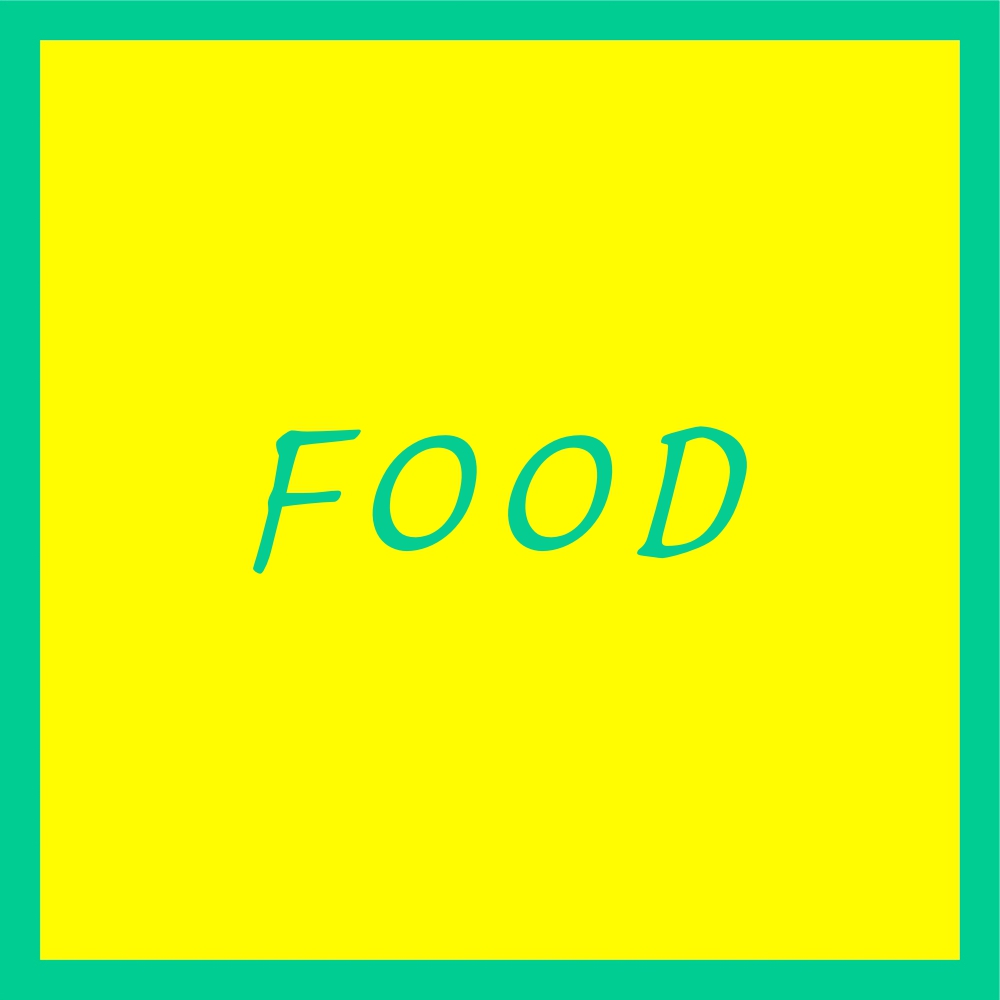


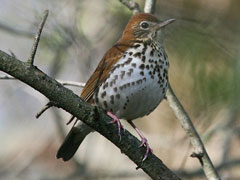
It is almost certain that the peasants, if they had enough to eat, would have a healthier diet than the better-off merchants and lords. These peasants would eat more fruit and vegetables and anything else they could catch, including small birds like thrushes, finches and blackbirds. Speaking as an owl, I don't like the sound of this. Ordinary townspeople would cook at home or take their ingredients to a baker or pie-maker to make the food for them. You could have seen women walking into town with some meat and vegetables in the morning, going to the pie-maker, handing over the ingredients and then coming back later to collect that nights' dinner, a lovely pie. Lords, merchants and even the Abbots in the monasteries would have enormous meals with many courses. Most food was boiled or roasted on a spit over an open flame. This meant that if you were cooking a large pig or really any kind of meat, someone had to stand next to the fire and keep turning the meat. The men who did this were called “spit boys”, only they weren't young boys and they had to be very strong to actually turn the spit. They would get up very early, prepare the fire and then work for the next 8 hours or so in incredible heat. The spits could be up to 3 metres long and the “boys” would stand in a small alcove to do their job. Knights who had been on a crusade would bring back pepper, cloves and some other spices. Sugar was a rarity. Meat and fish were dried or salted, or both, to preserve them.
Back to Mainly the Normans Hoots - FoodForward to the Plantagenets Again Hoots - Food

